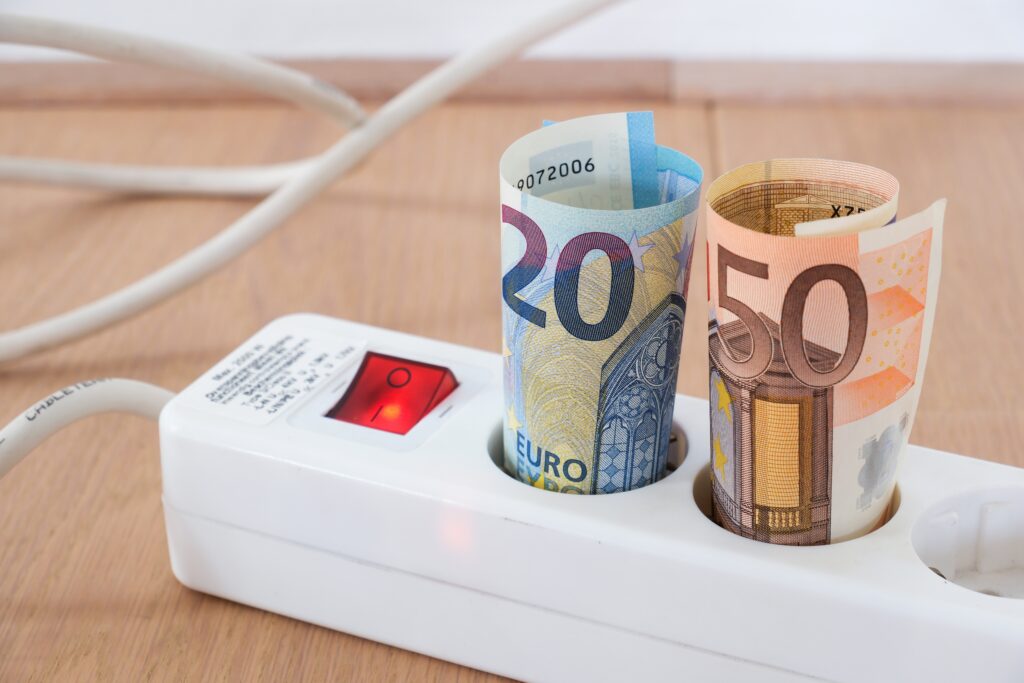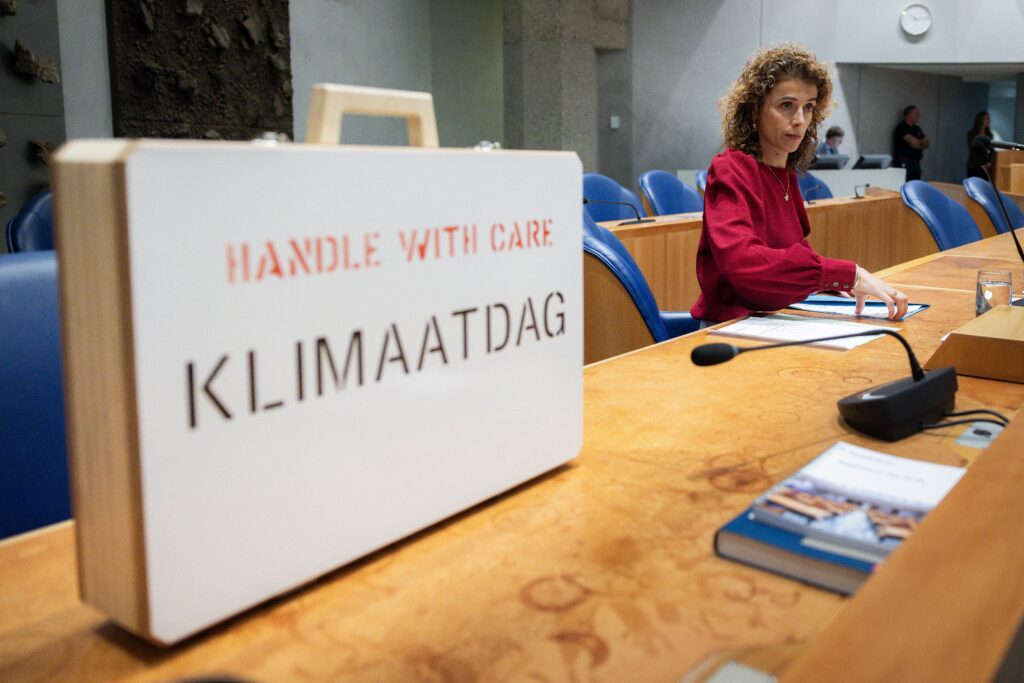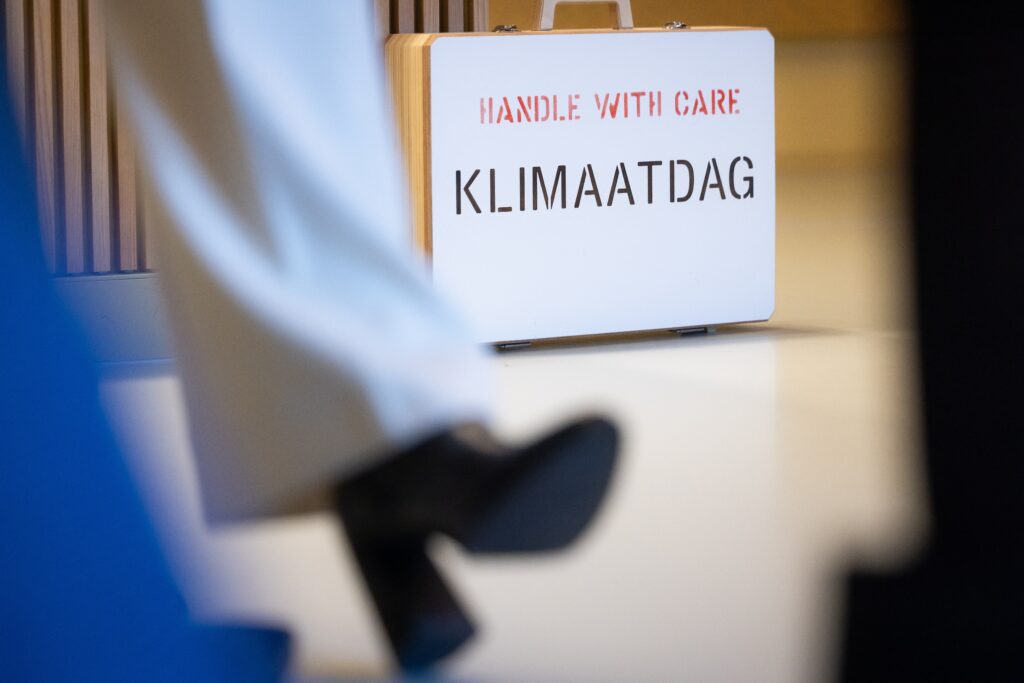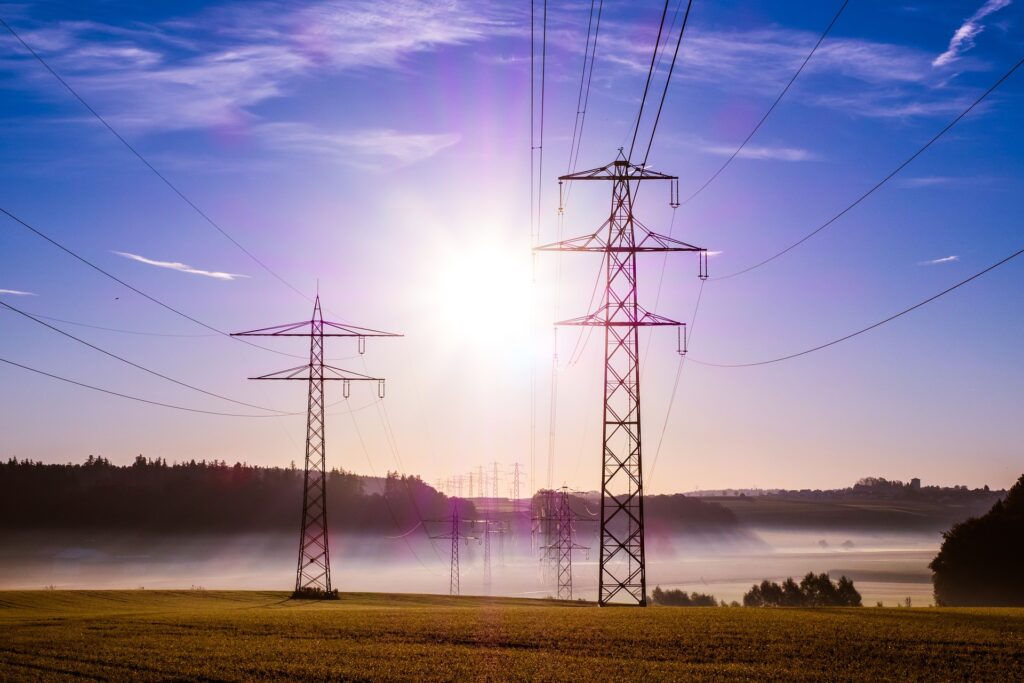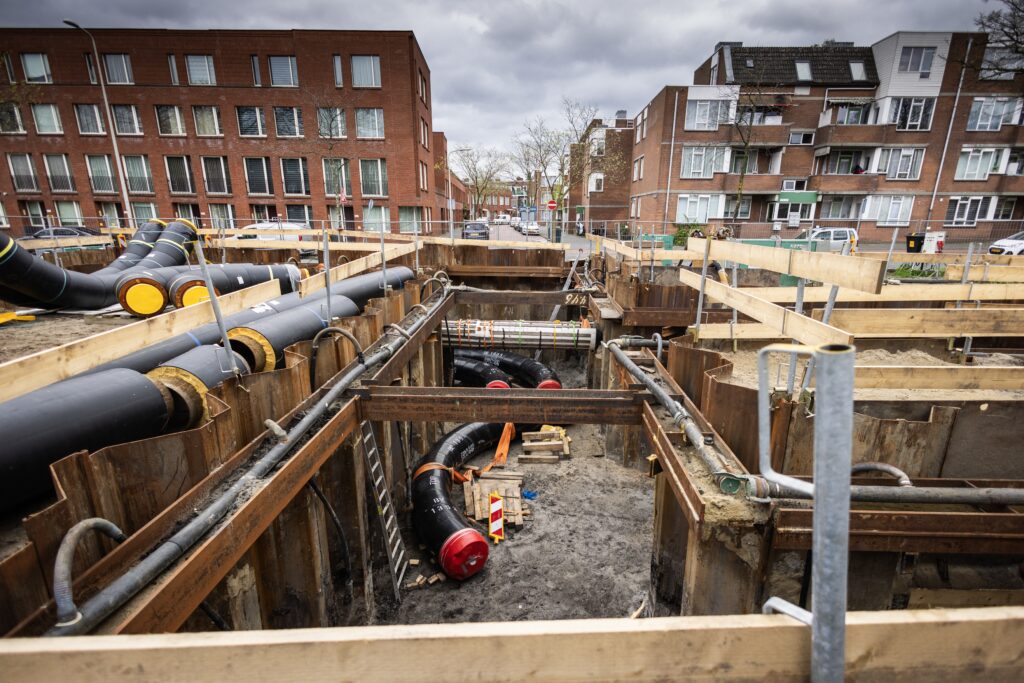The investments needed to upgrade the electricity grid must be partly financed from general resources. Cora van Nieuwenhuizen emphasizes this again in EW Magazine. She told the weekly: “By financing these investments partly from general resources, you prevent tens of thousands of low-income households from having to be compensated afterwards because they cannot pay their energy bills.”
SME’s and Energy-Intensive Companies
In addition to households, SMEs will also face increasing difficulties if tariffs become too high. This is especially true for entrepreneurs who require high temperatures, such as bakeries. Energy-intensive companies will also struggle to compete in the international market with rapidly rising tariffs. It is therefore inevitable that various forms of subsidies or tax reductions will be needed in the coming years under the current financing model. To avoid the associated bureaucratization and high costs, Energie-Nederland believes it is wise to fund a substantial portion of the investments from general resources.
Not Logical
These investments are aimed at preparing the infrastructure for the future. It is, in Energie-Nederland’s view, not logical to place the burden of these costs solely on current users. A long-term programmatic approach can help spread the costs over time.
Hydrogen
Energie-Nederland believes this logic applies not only to electricity infrastructure but also to other energy infrastructures such as gas and hydrogen. While we are moving away from gas, the last few thousand gas users cannot possibly bear the costs of the entire system, just as the initial hydrogen users cannot be expected to cover the costs of a new hydrogen network.
Thinking Direction
How the financing should be structured is a political choice. Van Nieuwenhuizen states, “One direction could be to establish a fund, similar to the Mobility Fund and the Delta Fund. After all, these are investments of national importance, comparable to investments in highways, waterways, and the Delta Works. Just like these large infrastructure projects, the benefits of a strengthened electricity grid will be widely utilized in the future, benefiting society as a whole.”
Predictable Network Tariffs
The expectation that network tariffs will rise faster than inflation creates significant uncertainty for investors in the electrification of industry and hydrogen production technologies. The government can alleviate much of this uncertainty by providing clarity on the development of network tariffs. For instance, by ensuring that network tariffs do not increase more than inflation. This could involve financing part of TenneT’s costs through general resources, as TenneT’s tariffs affect regional grid operators and all users of the electricity grid.
Increasing Demand
To meet the growing demand for electricity and achieve climate goals, strengthening and expanding the power grid must become a top priority, according to Energie-Nederland. If the costs are distributed intelligently, the path will be cleared for the sustainable, reliable, and affordable electricity supply that the Netherlands needs.


